Thanksgiving is about gratitude, and our pets certainly deserve appreciation for the unconditional love, companionship, and the laughter they bring to our lives. Show your pet how grateful you are by protecting them from the top five Thanksgiving pet emergencies—and end your holiday with dessert, not a trip to Fairfax Veterinary Clinic.
#1: Pancreatitis in dogs
Rich, decadent foods are a requirement for the classic Thanksgiving dinner. Unfortunately, they’re often the culprit for the surge in pancreatitis cases at veterinary clinics every November. Greasy, fat-laden foods, such as turkey skin, dark meat, and fatty trimmings, or side dishes filled with seasonings, butter, cream, and salt, irritate the pancreas, and preemptively release its digestive enzymes. The powerful enzymes digest the pancreas—rather than food in the small intestine—and trigger widespread inflammation. Pancreatitis is a serious—sometimes fatal—condition that requires hospitalization for your pet. While cats suffer from pancreatitis, no nutritional link has been found, and the cause is often unknown.
Pancreatitis signs include vomiting, diarrhea, inappetence, distended or painful abdomen, fever, and lethargy.
#2: Intestinal obstruction in pets
Some pets will try to eat anything they can fit in their mouths—whether they can chew it apart or must swallow it whole. This indiscriminate eating style often leads to a blockage along the pet’s gastrointestinal tract, and requires endoscopy or abdominal surgery to remove.
Holiday decor, endless food offerings, and overflowing trash cans provide a cornucopia of options for naughty pets. Commonly ingested items include:
- Raw or cooked bones
- Corn on the cob
- Kitchen twine
- Food wrappers (e.g., foil or plastic)
- Dishcloths, hand towels, or napkins
- Miniature pumpkins and gourds
- Holiday figurines or toys
Pets may behave normally for days after the event, and then experience nausea, inappetence, vomiting, and lethargy, as the blockage obstructs digestion and blood flow. If you know or suspect your pet has eaten a non-food item, immediately call Fairfax Veterinary Clinic.
#3: Toxicity in pets
Nearly all the top food toxins for pets are included in the traditional Thanksgiving dinner. Combine that with a busy—sometimes chaotic—kitchen and dining room, and hungry pets obviously have ample opportunities for trouble. The pet toxic ingredient guest list includes:
- Garlic, leeks, and onions
- Yeast dough
- Chocolate
- Raisins
- Macadamia nuts
- Alcohol
- Xylitol (i.e., a sweetener used in sugar-free baked goods, candy, and gum)
Pets are commonly fed these toxins by well-meaning guests or children, or may steal them from the counter, table, or trash. Depending on the ingredient, signs may not be immediately noticeable. If you know or believe your pet has eaten a dangerous ingredient, call Fairfax Veterinary Clinic, or the ASPCA Pet Poison Control Center. While outcomes vary based on the ingredient and amount consumed, the sooner your pet receives veterinary care, the more likely their signs and discomfort can be minimized.
#4: Choking in pets
Dogs and cats are notorious for scarfing down their food, and when they eat stolen goods, they practically inhale their prize—literally. Pets commonly choke on bones, wrappers, twine, decorations, or any food they eat rapidly. Choking pets will often panic, and may paw at their mouth, drool, thrash around, or collapse.
Treat choking pets with extreme caution, to prevent being bitten—check their mouth for visible obstruction, and perform the Heimlich maneuver to dislodge the object. The technique varies slightly for cats, as well as small and large dogs. Bring your pet to the veterinarian if Heimlich attempts are unsuccessful, or after they’ve recovered for a thorough exam.
#5: Lacerations in pets
For many families, Thanksgiving is the unofficial start of Christmas decorating, and pets are often eager to help in their own special way—typically by removing items from the tree, rather than adding them. Low-hanging ornaments and twinkling lights are irresistible to dogs and cats, but the thrill can be short-lived, if one wrong crunch of their teeth or paw swipe shatters the sparkling treasure.
Lacerations or punctures to the mouth, tongue, face, and paws are common after encounters with breakable decorations or meat bones. If your pet has an external laceration (e.g., paw, face, or nose) apply gentle but firm pressure with a folded towel. Keep pets with internal lacerations (i.e., the oral cavity) as still and calm as possible—do not attempt to apply pressure in the mouth, as this may cause the pet to bite. Transport pets to Fairfax Veterinary Clinic for treatment as soon as possible.
Protect your pet this Thanksgiving
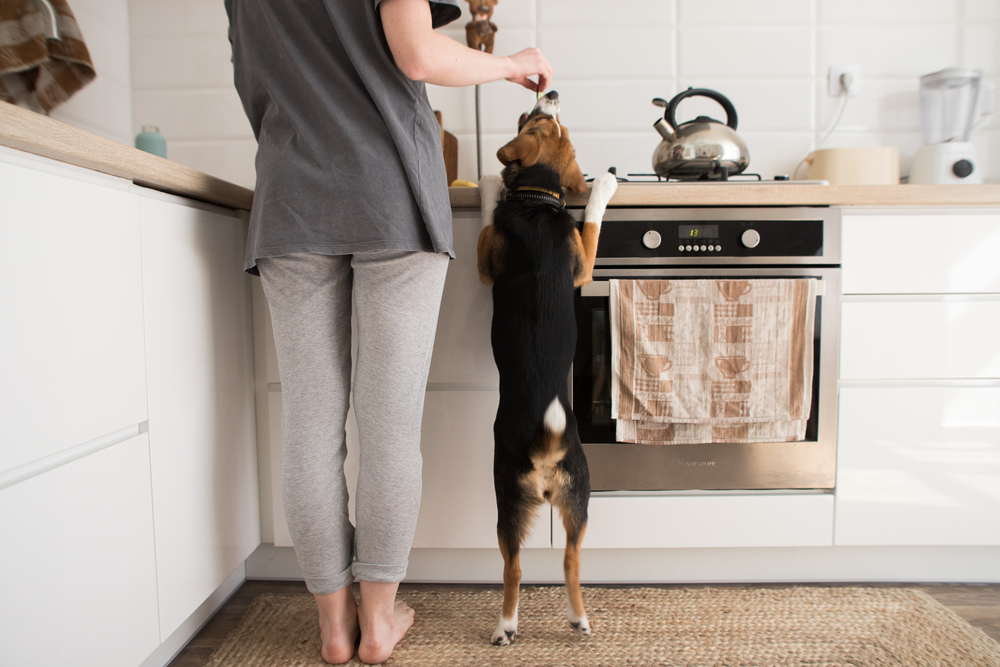
We know you want a relaxing holiday with your family, friends, and pets this Thanksgiving. Here’s how to ensure that happens:
- Keep pets away from the kitchen during meal preparation.
- Store trash cans behind closed doors, and empty often.
- Immediately remove turkey carcasses to your garage, or store in the freezer.
- Feed and exercise pets before serving dinner.
- Confine or crate pets during the meal.
- Select pet-safe decorations, or place them out of reach.
- Leave the first few Christmas tree branches empty, or place a barrier between the tree and your pet.
- Instruct guests not to feed your pet from their plate.
- Make boarding reservations at Fairfax Veterinary Clinic if your pet is anxious around guests.
If your pet has an emergency during our regular business hours, call Fairfax Veterinary Hospital so we can be prepared for your arrival. For after hours emergencies, call the nearest veterinary emergency hospital.



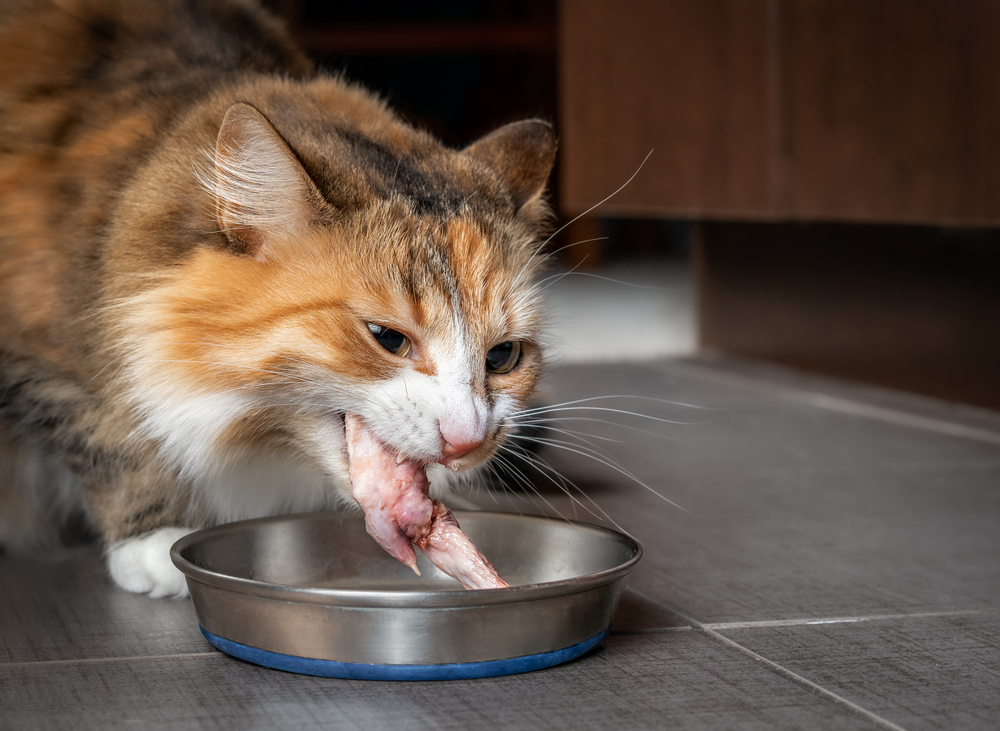
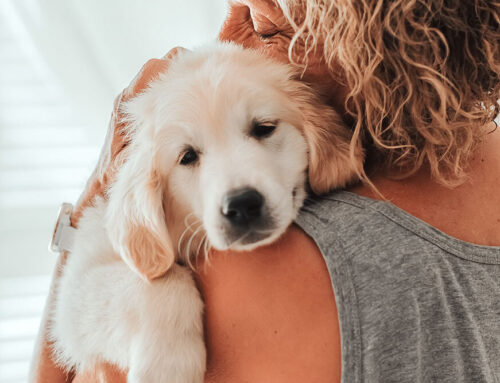
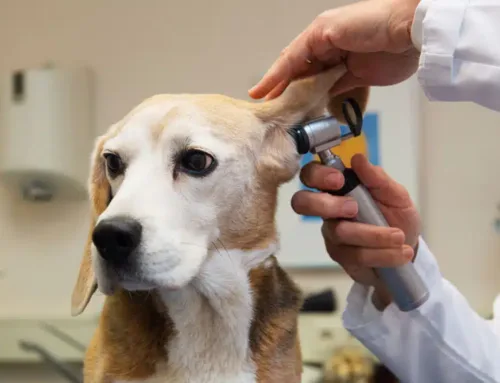
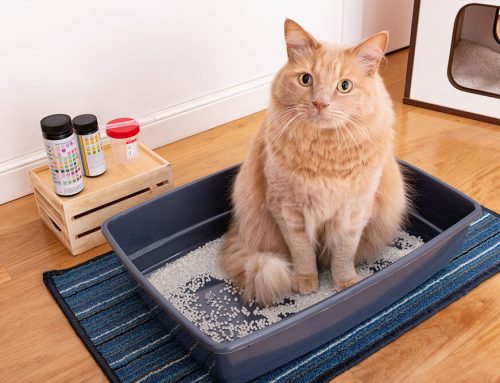
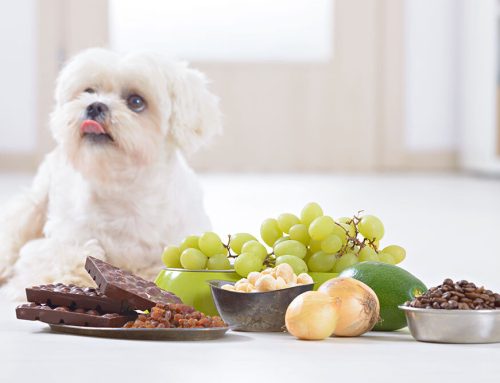
Leave A Comment